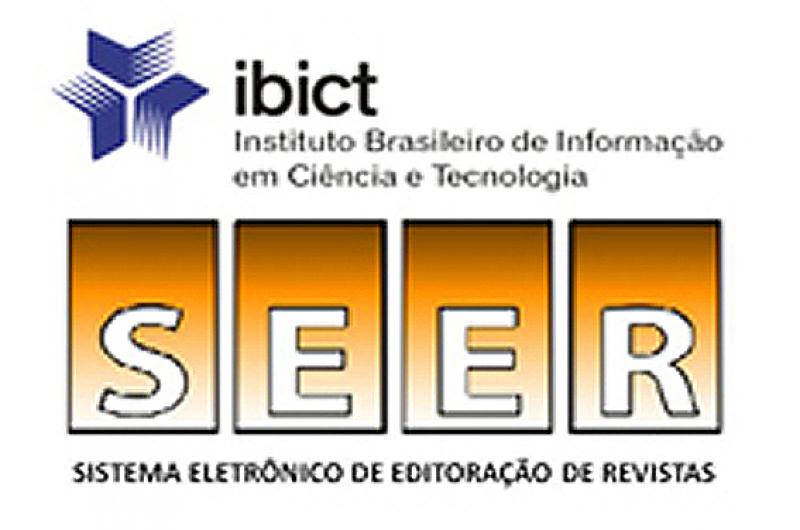Integral Education Program: Colonization of the School for Corporate Culture
Visualizações: 734DOI:
https://doi.org/10.31416/rsdv.v8i2.55Keywords:
Interdimensional Education, TEAR, Ideology, Hegemony, Discourse Analysis TheoryAbstract
This work is part of an ongoing research that warns about the Integral Education (IE) as a contemporary
ideology of competence. The goal is to reflect on some concepts and brands that distrust a rush
ideology about the reference schools (EREM) in Pernambuco that, under the justification of necessary
quality, has been shaping its educational system through of corporate culture. The research object is
the IE, supported by Business Technology Applied to Education for Results (TACR) Interdimensional
Education, discussed through the concepts of ideology and hegemony gramscianos, under the
contributions of the Discourse Theory. Confronting the conceptual categories of Antônio Gramsci,
ideology and hegemony, amplified by the Discourse Theory of Speech, we will analyze the IE in its two
dimensions: streamlined school management under the sign of TAER and human formation according
to Interdimensional Education. In partial conclusions, the inferences point: 1. Towards a school
targeted by business culture, posed as an effective response to the problem of low quality educational;
2. For a school that presents the need to form a new human type, thus declaring the historicity and
politicization of education; 3. Towards a discursive hegemonization, founded on principles and values
of the economic business agent.
References
ALVES, Ana Rodrigues Cavalcanti. O conceito de hegemonia: de Gramsci a Laclau e Mouffe. Disponível em: http://www.cedec.org.br/soberania-democracia-e-mudanca---ano-2010---no-80. Acesso em:05/02/2020.
DAYRELL, Juarez Tarcísio. A escola como espaço sócio-cultural. Disponível em: https://ensinosociologia.milharal.org/files/2010/09/Dayrell-1996-Escola espa%C3%A7o-socio-cultural.pdf. Acesso em: 16 fev. 2020.
DUTRA, Paulo F. V. Educação integral no estado de Pernambuco: uma política pública para o ensino médio. Recife: UFPE, 2014.
GRAMSCI, Antônio. Introdução ao estudo da filosofia. A filosofia de Benedetto Croce. Edição e Tradução de Carlos Nelson Coutinho; coedição, Luiz Sérgio Henriques e Marco Aurélio Nogueira. 9. ed. Rio de Janeiro: Civilização Brasileira, 2017. v. 1.
______. Maquiavel: notas sobre o Estado e a política. Edição e Tradução de Carlos Nelson Coutinho; coedição, Luiz Sérgio Henriques e Marco Aurélio Nogueira. 9. ed. Rio de Janeiro: Civilização Brasileira, 2017. v. 3.
KONDER, Leandro. Gramsci e a crítica da modernidade. Jornal do Brasil, 2 jun. 2001.Caderno Idéias-Livros, p. 8.Disponível em: https://www.acessa.com/gramsci/?page=visualizar&id=135.Acesso em: 10 jan. 2020.
LAVAL, Christian. A escola não é uma empresa: o neoliberalismo em ataque ao ensino público. Tradução de Mariana Echalar. São Paulo: Boitempo, 2019.
LIGOURI, Guido; VOZA, Pasquale (org.). Dicionário Gramsciano: 1926-1937. São Paulo: Boitempo, 2017. p. 294.
LIMA, Ivaneide Áurea A. P. TEAR –Tecnologia empresarial aplicada à educação: gestão e resultados. Olinda: Livro rápido, 2011.
MENDONÇA, Daniel de. O limite da normatividade na teoria política de Ernesto Laclau. Disponível em: http://www.cedec.org.br/memoria-e-historia---no91--ano-2014. Acesso em: 22 abr. 2020.
MONASTA, Attilio. Antônio Gramsci. Tradução: Paolo Nosela. Recife: Fundação Joaquim Nabuco, Editora Massangana, 2010. 154 p.
PINTO, Geraldo Augusto. O Gramsci de Americanismo e fordismo. Disponível em: https://www.acessa.com/gramsci/?page=visualizar&id=954. Acesso em: 10 jan. 2020.
VIANNA, Luiz Werneck. Revolução passiva e americanismo. Disponível em: https://www.acessa.com/gramsci/?page=visualizar&id=676. Acesso em: 10 jan. 2020.















